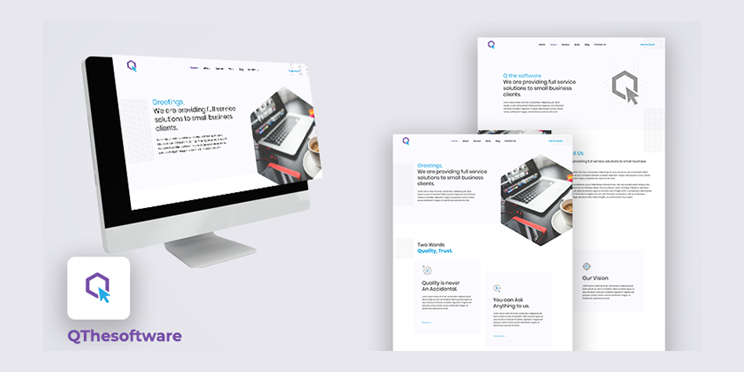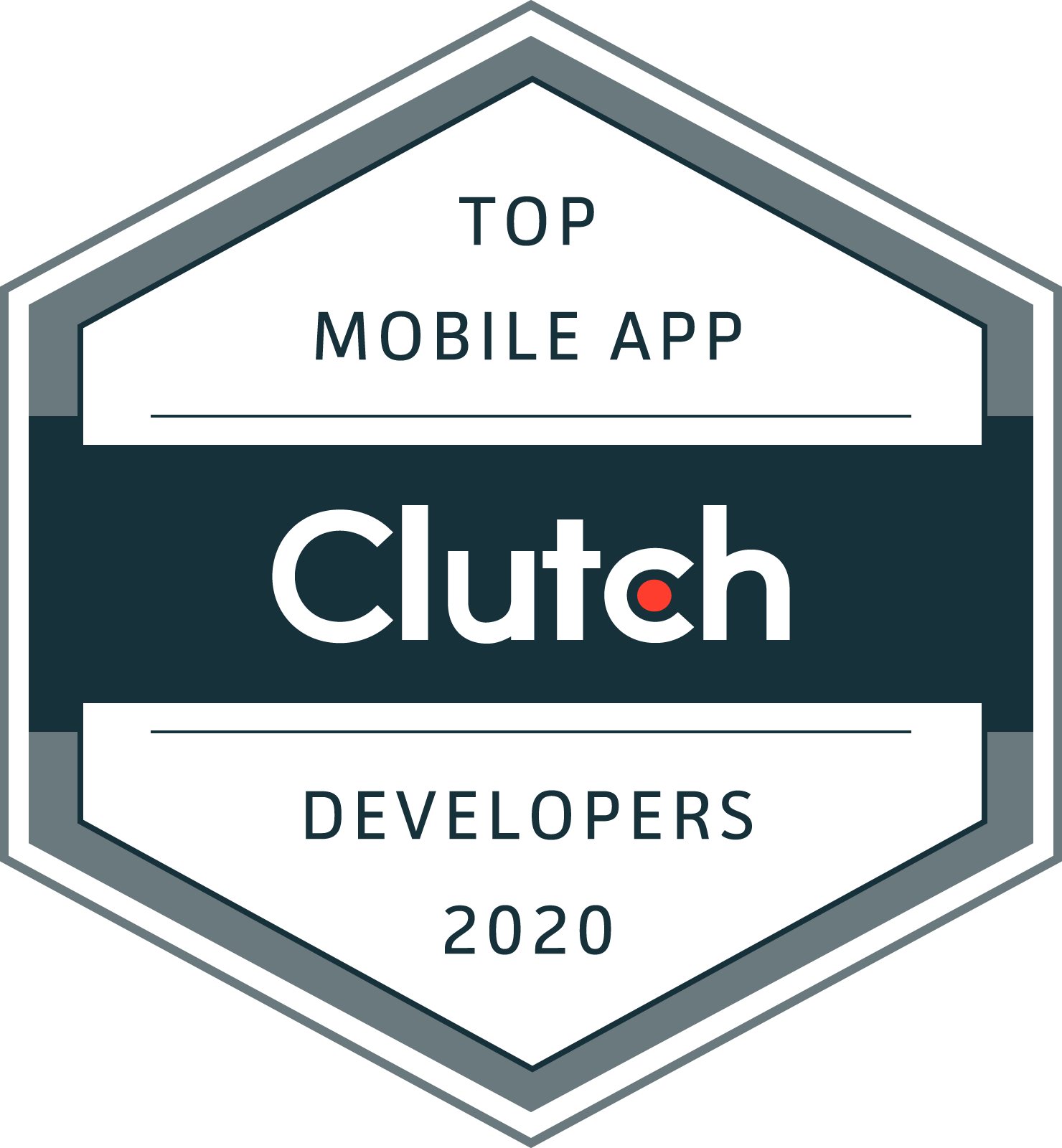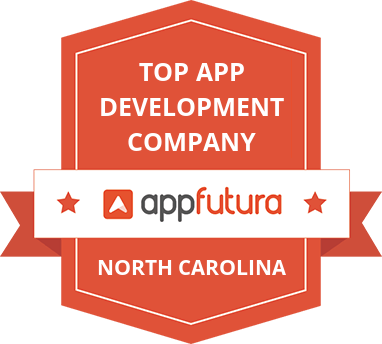The world of digital marketing is vast and diverse, brimming with strategies and techniques to help brands flourish online. Among the most debated topics in this realm is the ongoing battle between SEO and PPC. Businesses, especially those venturing into the digital sphere for the first time, often grapple with this pivotal question: Which offers better ROI – SEO or PPC? Let’s delve into each of these powerful marketing techniques and evaluate their potential ROI for businesses, especially for those situated in North Carolina.
Search Engine Optimization (SEO): The Organic Powerhouse of Digital Presence
At its core, SEO is about ensuring a website can be found, read, and indexed by search engines in the most effective manner. While many businesses from North Carolina to the far reaches of the globe have dabbled in SEO, truly understanding its depth is the key to harnessing its potential.
The Fundamentals of SEO
- Keywords and Keyword Research:
- What are they? Keywords are the phrases or terms users type into search engines.
- Importance: By understanding the keywords relevant to your business, you can optimize your content to “answer” the queries your potential customers are asking.
- Research Tools: Tools like Google’s Keyword Planner, Ahrefs, and SEMrush provide deep insights into what users are searching for, helping businesses target the right terms.
- On-page Optimization:
- Content is King: high-quality, original content that’s regularly updated keeps both users and search engines happy.
- Meta Descriptions and Title Tags: These brief snippets describe your content to the search engine, helping it understand, index, and rank your page accordingly.
- Internal Linking: By linking one page of your site to another, you not only enhance user navigation but also boost the SEO power of your site.
- Off-page Optimization:
- Backlinks – When another site links to yours, search engines consider it a “vote” for your content’s credibility and relevance.
- Social Signals: While the direct impact is debated, there’s little doubt that positive social engagement (likes, shares) can aid your SEO efforts.
- Guest blogging: posting content on reputable sites in your industry can drive backlinks and authority to your site.
- Technical SEO:
- Website Speed: In our fast-paced world, a slow-loading website is a conversion killer. It’s also frowned upon by search engines.
- Mobile Optimization: With more users searching on mobile than ever before, ensuring your site is mobile-friendly is paramount.
- Secure and Accessible Website A site that’s easy for search engines to crawl and understand, and that’s secure (HTTPS vs. HTTP), ranks higher.
- Local SEO: For businesses catering to a local audience, like many in North Carolina, ensuring their site is optimized for local searches is crucial. This involves claiming directory listings, managing online reviews, and ensuring uniformity in your NAP (Name, Address, and phone number) across the web.
- User Experience and SEO: Google’s algorithms are increasingly prioritizing user experience metrics. Factors like site usability, dwell time (how long someone stays on your page), and click-through rates are becoming vital components of SEO.
Challenges of SEO
- It’s a Long Game: Results aren’t immediate. It can take months or even longer to see the fruits of your SEO labor.
- Constantly Evolving: With search engines regularly updating their algorithms, staying on top of the latest changes is essential.
- Intense Competition: With every brand vying for the top spot, the competition is fierce.
Pay-Per-Click (PPC): The Fast-Track Route to Digital Visibility
If SEO is the marathon runner, aiming for long-term and sustainable results, then Pay-Per-Click (PPC) is the sprinter, designed to get you quick, immediate outcomes. PPC, as the name suggests, is an advertising model where you pay a fee each time someone clicks on your ad. It’s a direct method to buy visits to your site, rather than obtaining them organically.
The Core Elements of PPC
- Ad Platforms:
- Google Ads: By far the most popular PPC advertising system in the world, allowing businesses to create ads that appear on Google’s search engine and other Google properties.
- Bing Ads: Microsoft’s answer to Google Ads, serving ads on the Bing search engine and partner networks.
- Social Media Platforms: Sites like Facebook, Instagram, and LinkedIn also offer PPC ad opportunities, targeting their vast user bases.
- Keyword Research for PPC:
- Targeted Keywords: While similar to SEO keyword research, for PPC, it’s crucial to target those keywords that will yield a high return on investment.
- Ad Auction: An automated process where advertisers bid on targeted keywords relevant to their business offerings.
- Quality Score: Search engines judge the relevance and quality of your ad and landing page, influencing how much you pay per click.
- Ad Creation and Optimization:
- Compelling Copy: Your ad must capture attention, convey your message, and entice users to click.
- Call-to-Action (CTA): A clear and compelling CTA, like ‘Learn More’, ‘Shop Now’, or ‘Sign Up’, can significantly boost click-through rates.
- A/B Testing: Running slightly different versions of an ad to see which performs better and optimizing accordingly.
- Landing Page Design:
- Relevance: The landing page should be directly related to the ad copy. If your ad is about a sale, the landing page should focus on that sale.
- User Experience: The page should load quickly, look good, and be easy to navigate, leading the user to the desired action.
- Conversion Optimized: Elements like clear CTAs, trust signals (testimonials, reviews), and an intuitive design can drive conversions.
- Budget and Bidding:
- Setting a Budget: Decide how much you’re willing to spend daily or monthly.
- Bidding Strategy: Depending on the platform, you might choose manual bidding (you decide) or automatic (the platform decides).
- Performance Tracking and Analytics:
- Conversion Tracking: Understanding how many clicks lead to desired actions (sales, sign-ups).
- Click-Through Rate (CTR): The number of clicks received per number of impressions.
- Return on Ad Spend (ROAS): Evaluates the profitability of your ad campaign.
Challenges of PPC
- Costly: Popular keywords in competitive industries can be expensive, sometimes several dollars per click.
- Requires Active Management: To ensure efficiency, PPC campaigns need regular monitoring and adjustments.
- Ad Fatigue: Users might grow tired of seeing the same ads, leading to decreased effectiveness over time.
So, Which Has Better ROI?
Both SEO and PPC come with their own set of advantages. For businesses seeking rapid results and precise targeting, PPC might be the way to go. However, for those looking for sustainable, long-term growth and cost-effective solutions, SEO, particularly SEO services in North Carolina, tends to offer a better ROI. The best approach, however, often combines the strengths of both. By integrating SEO’s sustainability with PPC’s immediacy, brands can create a dynamic and balanced digital marketing strategy.
Conclusion
At Global Vincitore, we specialize in crafting tailor-made solutions to cater to your unique business needs. Our deep-rooted expertise in SEO services in North Carolina ensures that your brand garners the visibility it deserves. But we don’t stop there. By blending SEO’s organic prowess with the direct impact of PPC, we create synergies that drive real results. Ready to embark on a journey of unparalleled digital growth? Reach out to us and witness the transformative power of integrated digital marketing strategies with Global Vincitore.
Frequently asked questions
Q1: Does SEO or PPC offer better ROI?
A: The ROI comparison between SEO and PPC varies based on factors like industry, goals, and competition. SEO often yields a higher long-term ROI through organic growth, while PPC provides immediate visibility and conversions, suitable for specific campaigns.
Q2: Is there a clear winner in ROI between SEO and PPC?
A: No clear winner exists. SEO and PPC have distinct roles. SEO’s sustainable growth yields substantial ROI over time, while well-optimized PPC offers quick returns, especially for time-sensitive promotions.
Q3: Should businesses use both SEO and PPC for maximum ROI?
A: Yes, combining SEO and PPC benefits businesses. SEO establishes long-term visibility and organic growth, while strategic PPC campaigns ensure instant visibility and conversions, maximizing overall ROI for various goals.




